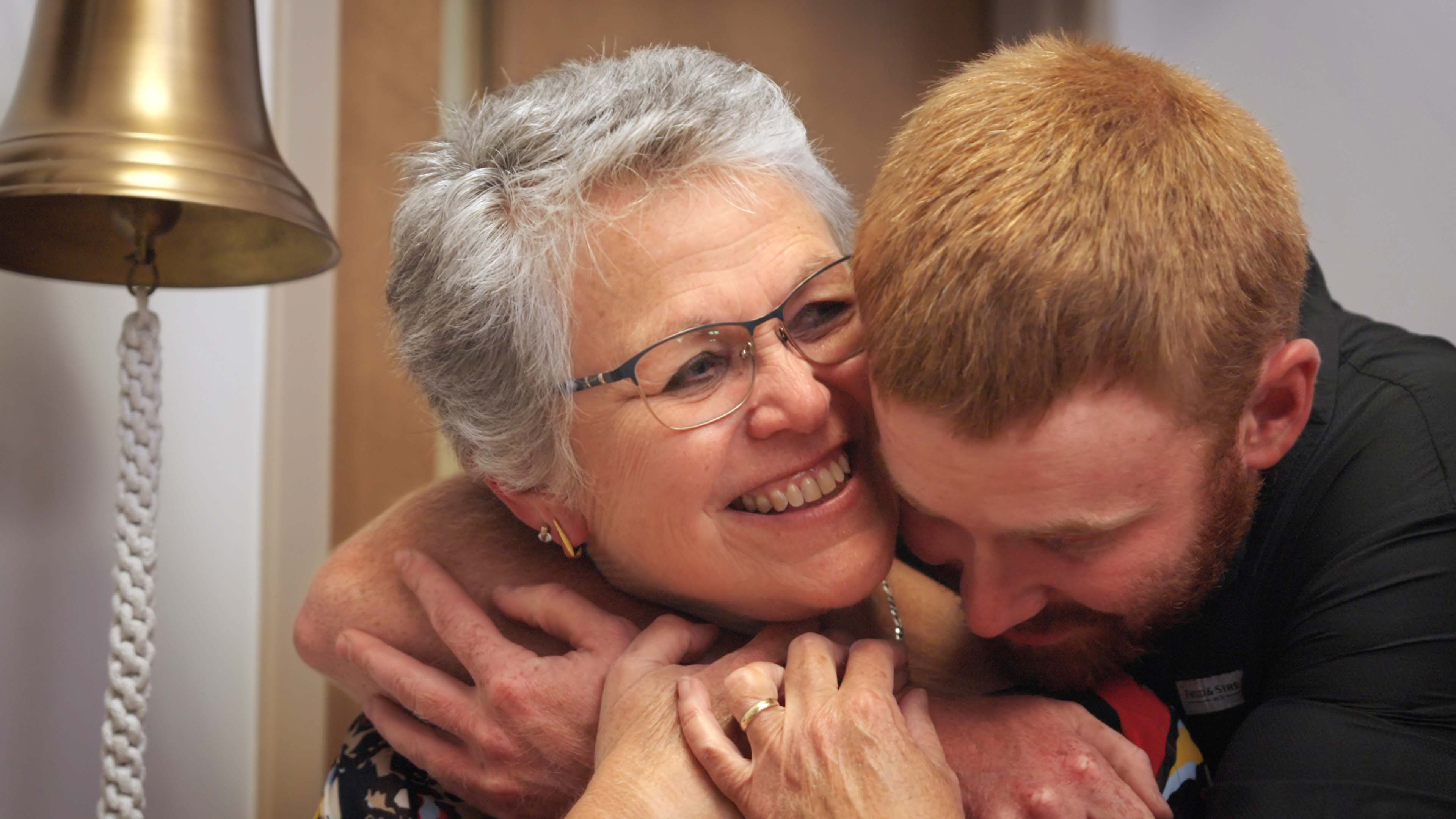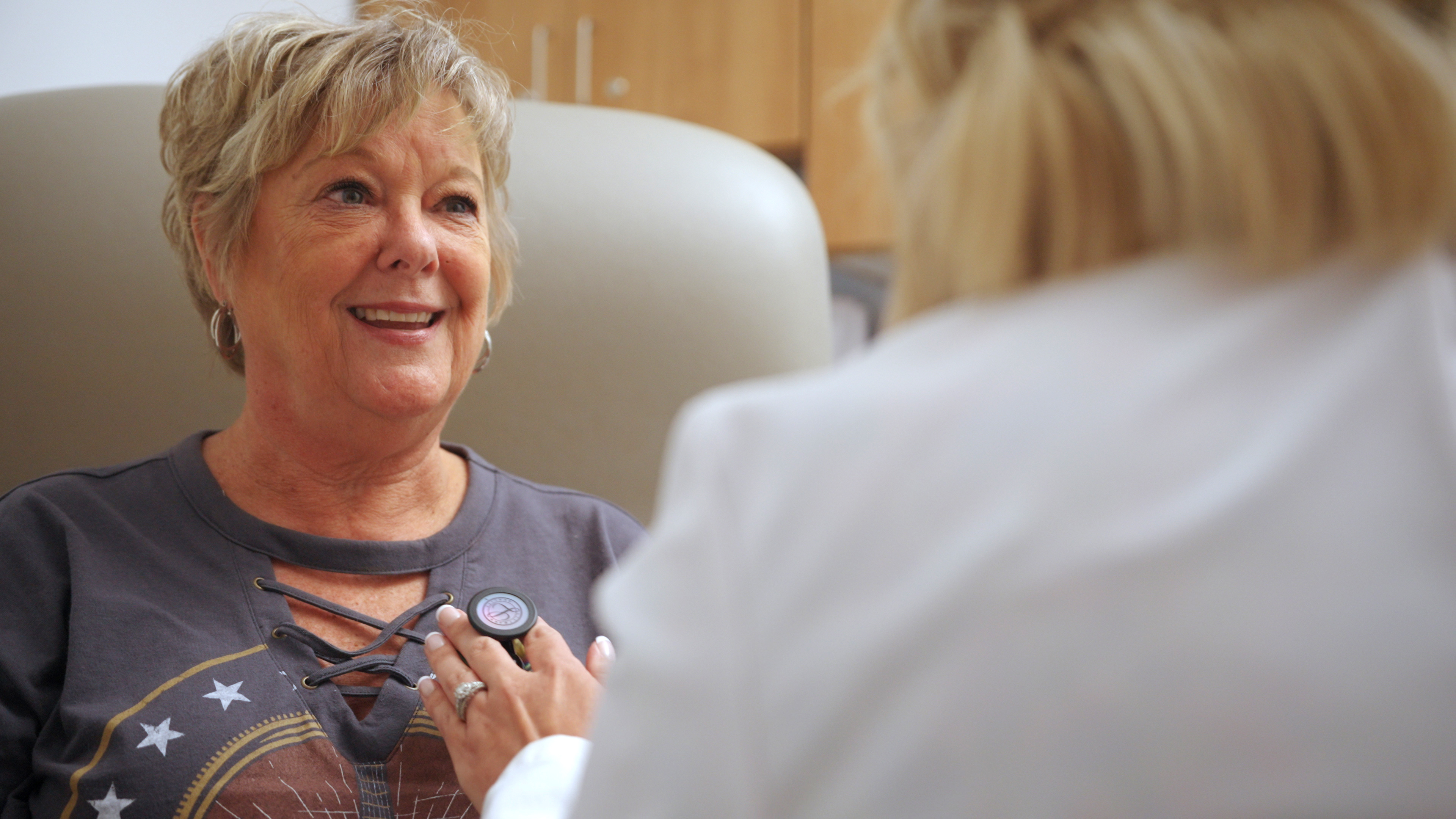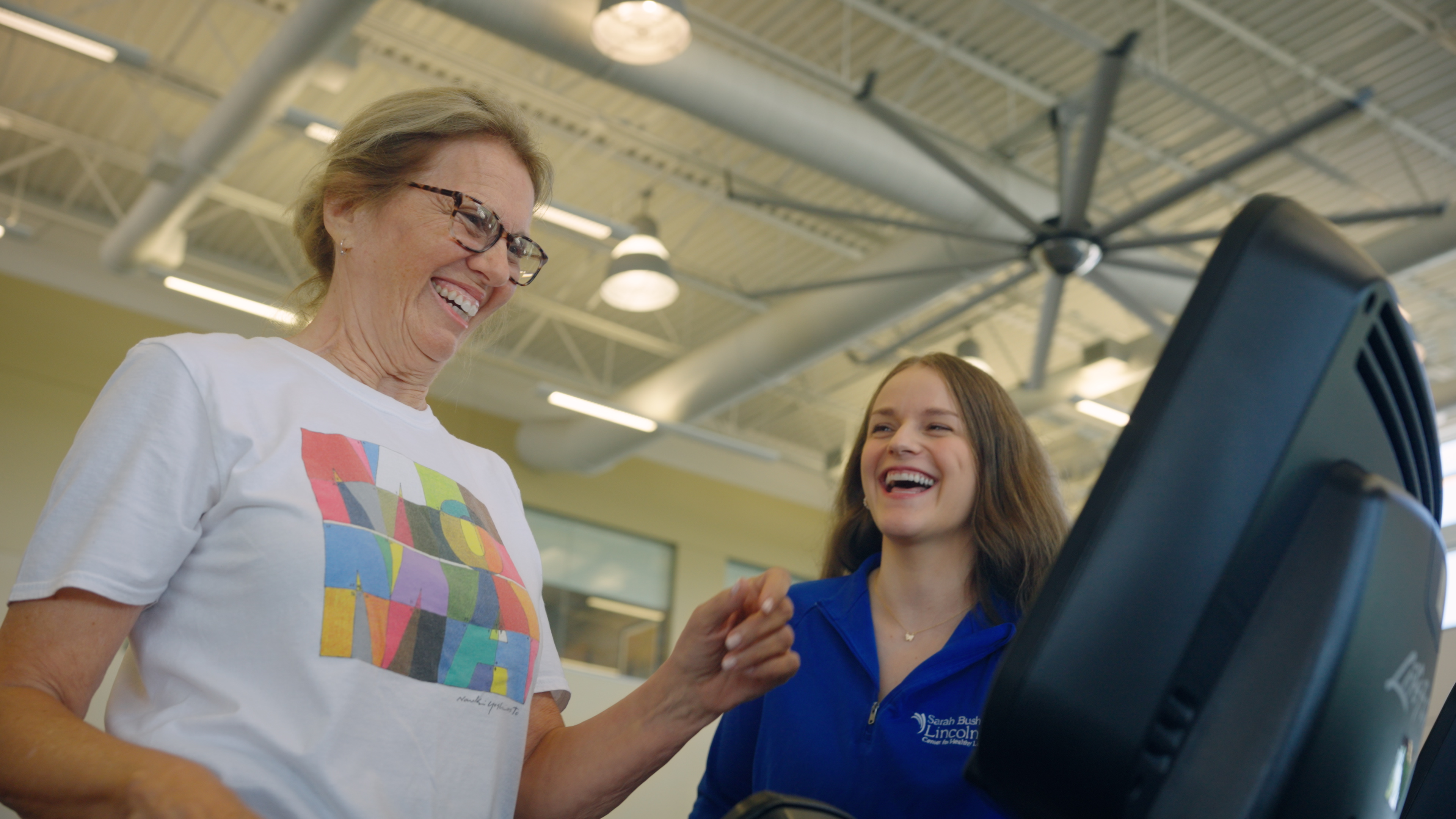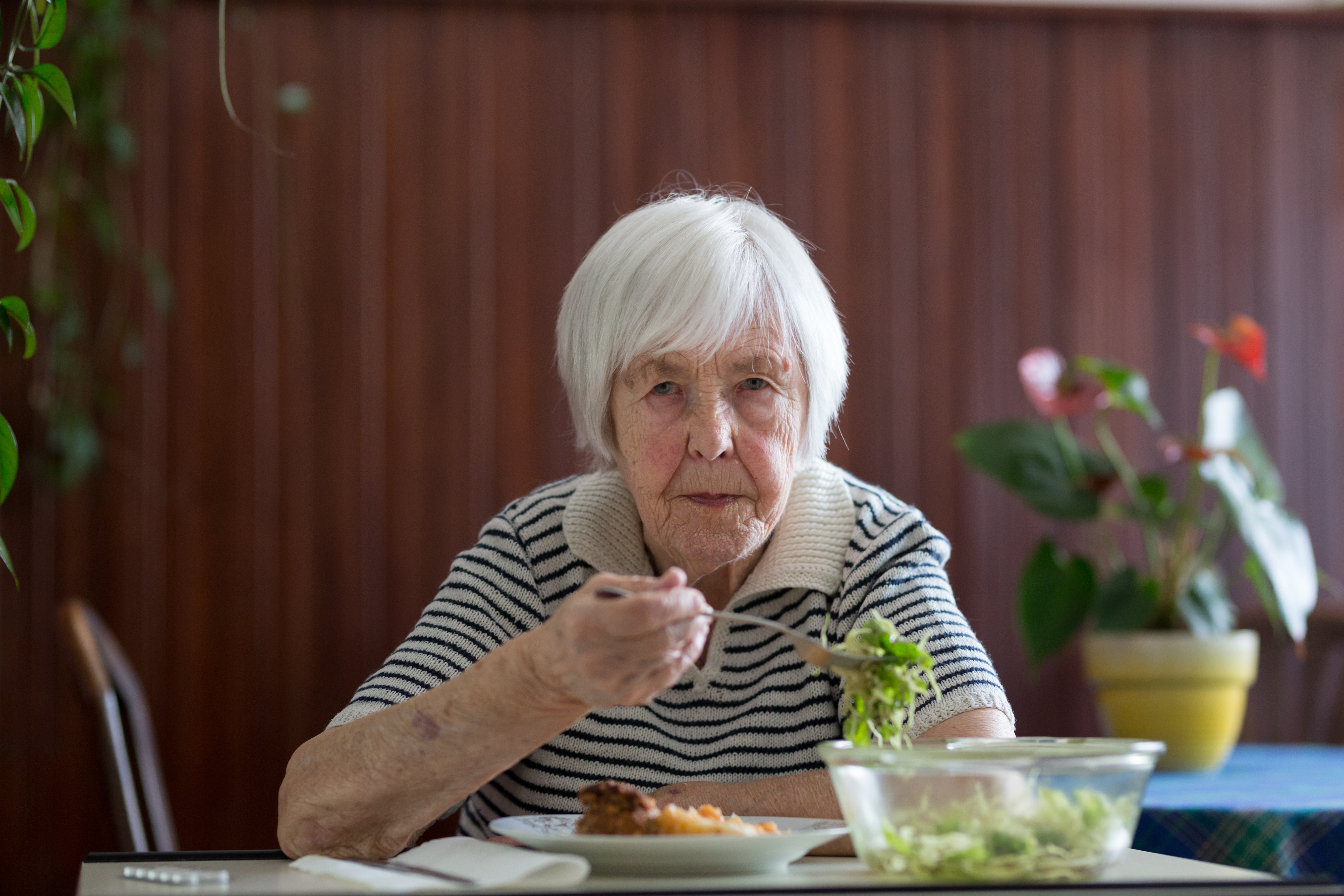Lung Cancer Screening Program
Why get a lung screen?

The lungs are organs of the body that are vital to life. They move important gases in and out of the blood that pumps throughout your body. Lung cancer is a disease of the cells that make up the lungs. Normal cells make new cells when needed, die when old or damaged and stay in place. Cancer cells do not do this. They have uncontrolled cell growth and invade other tissue. Without treatment, cancer cells can grow to be a large mass (tumor) and can spread to other organs. Over time, the cancer cells replace normal cells and cause organs to stop working.
With a preventive lung screen, many of the lung cancer cases would be detected in their earlier stages, when it is most treatable.
Treatments usually work best before there are symptoms of cancer. Unfortunately, at this time, most lung cancer is found after symptoms appear. Symptoms could include: coughing that lasts, blood in lung mucus, shortness of breath, wheezing, pain in the chest area, tiredness that lasts, pneumonia, hoarse voice, pain when swallowing and high pitched sound when breathing.
How is the lung screen done?
The lung cancer screen is performed with a low-dose CT scan of the chest. This scan takes many pictures of the inside of your body from various angles using X-rays. You may be asked to stop eating or drinking a few hours prior to the test and remove any metal items on your body. You may hear buzzing, clicking or whirring sounds. The computer combines all the images into one detailed picture and a radiologist will interpret your results. Your test results will be forwarded to your primary care provider.
Who should have a lung screen?
Lung Screening is used to detect cancer in people who fall into a high-risk group.
About 80 percent of people with lung cancer have a history of smoking. To be eligible for this screen, people should be:
• between 50 and 80 years old
• have a 20-pack-year smoking history, which means someone who has smoked
one pack a day for 20 years, or two packs a day for 10 years, etc.
Screening should be discontinued once the individual has not smoked for 15 years. Tobacco smoking is the biggest risk factor for lung cancer. It also accounts for 85 out of 100 people dying form lung cancer.
| Sadly, more people die from lung cancer than colon, breast or prostate cancer combined, because lung cancer is often found after it has spread. Cancer screening can help find lung cancer at an early stage when it can be cured. |
Quitting Tobacco
If you are a current smoker, the most important way you can help yourself is to stop smoking. Stopping smoking can be difficult, but there are resources close by that can help you.
Call the Sarah Bush Lincoln
Tobacco Cessation Program
for more information and get the help you may need to stop smoking today. 217-238-4691.
To learn more about a Lung Cancer Screen, please call SBL Diagnostic Imaging
at (217) 258-2141.








